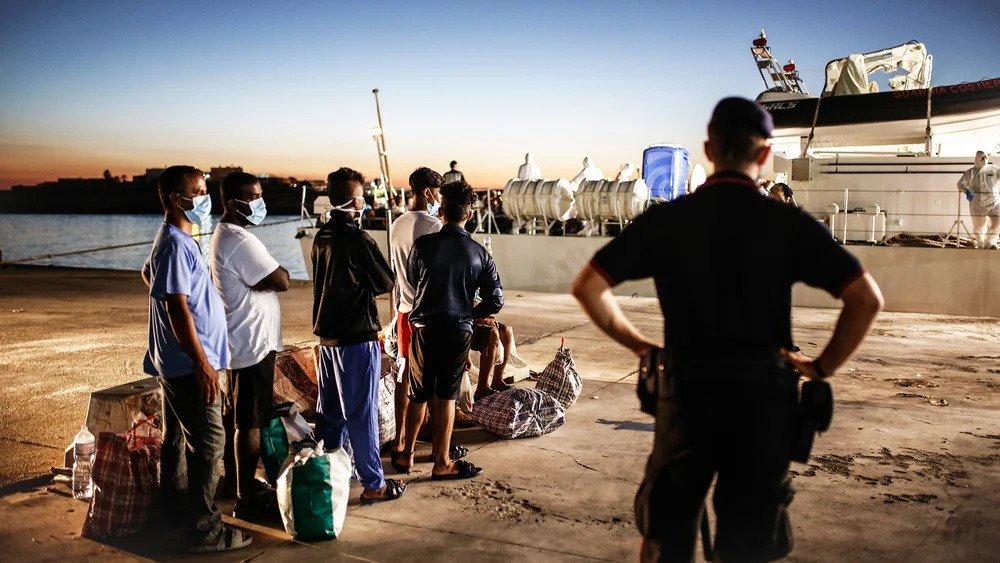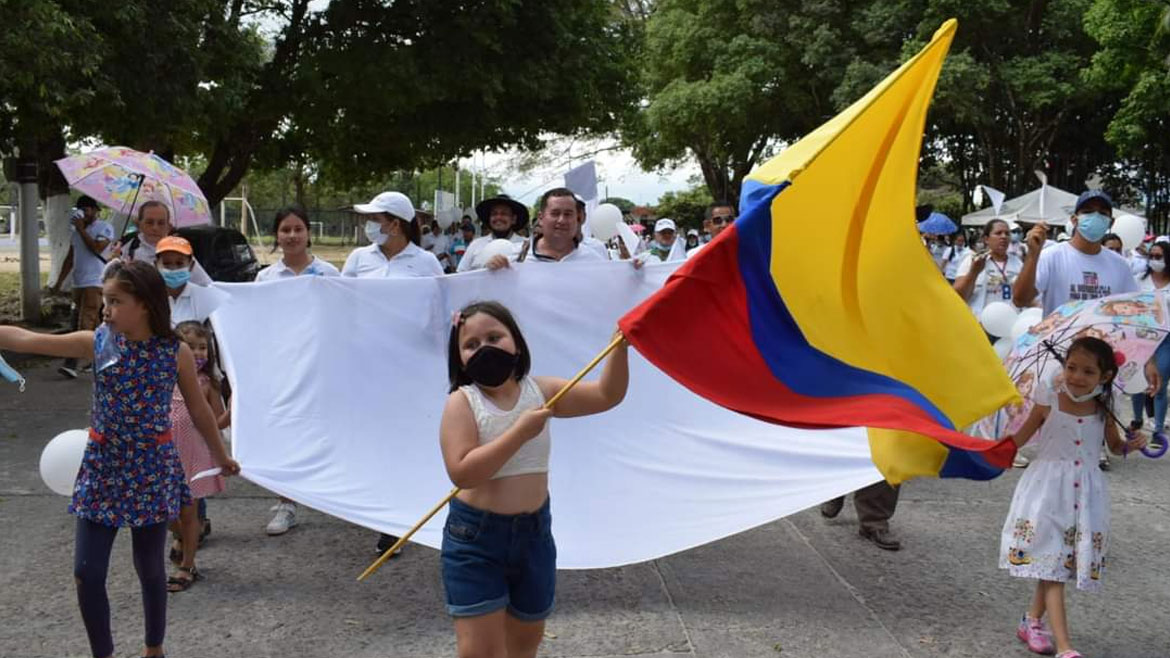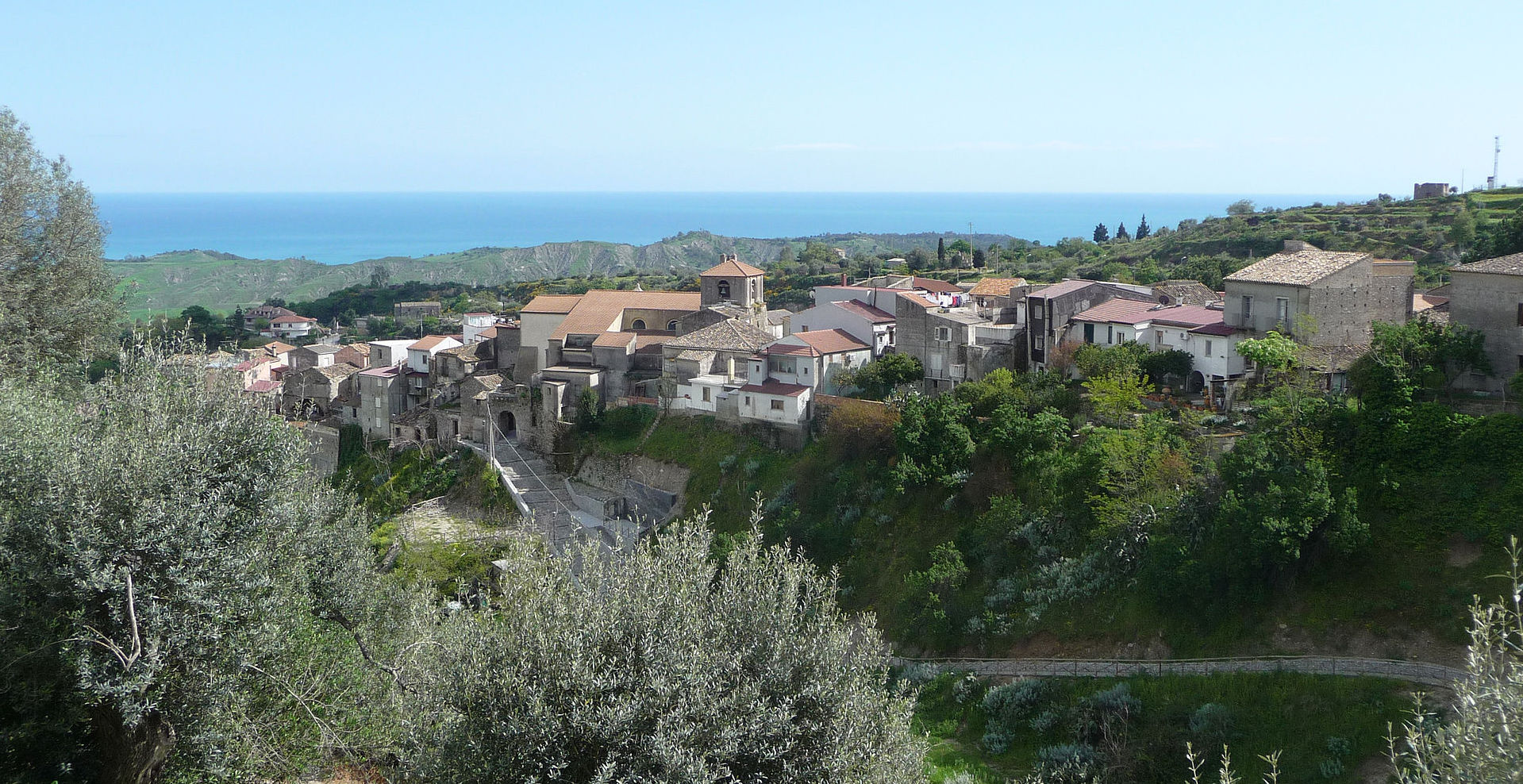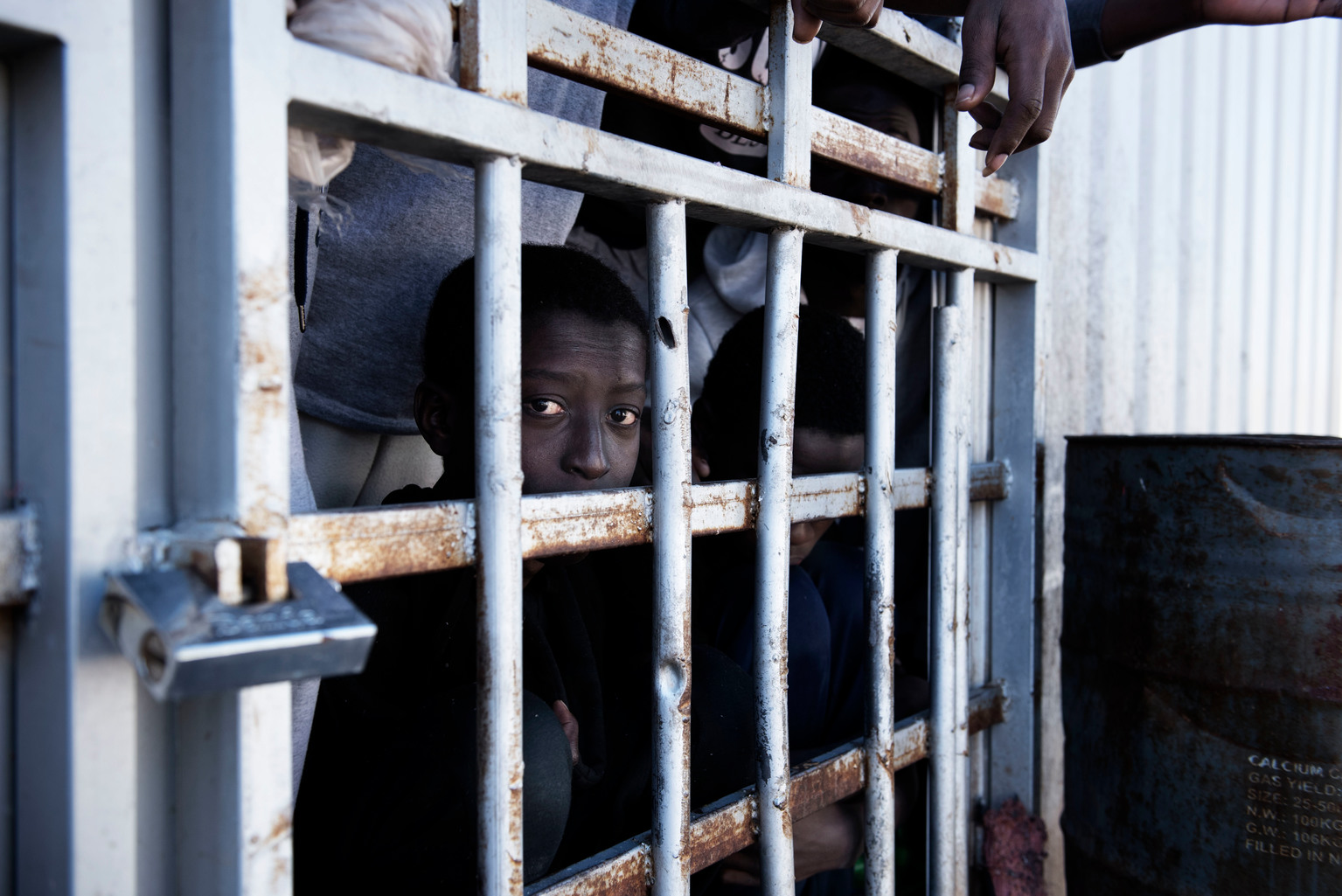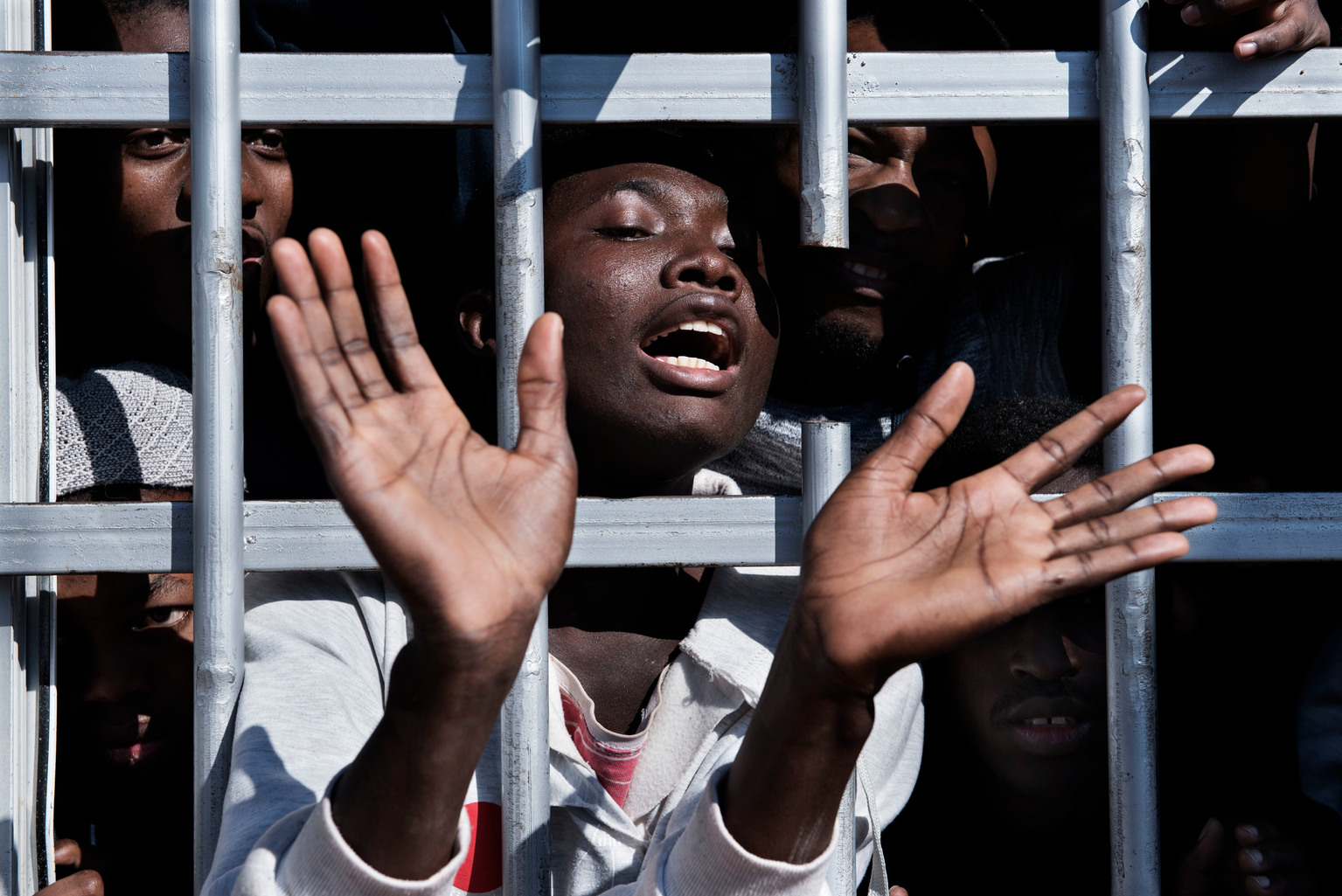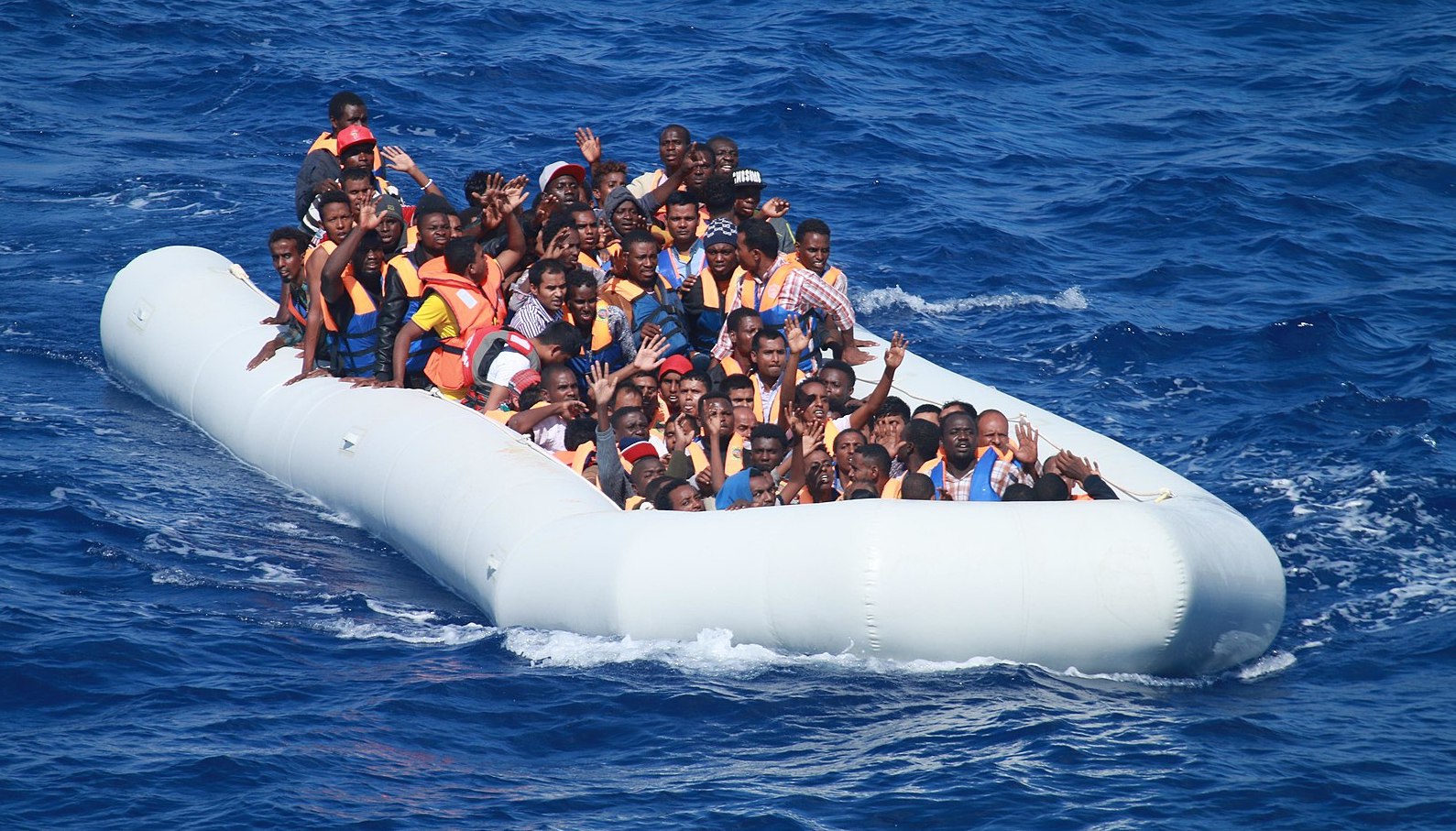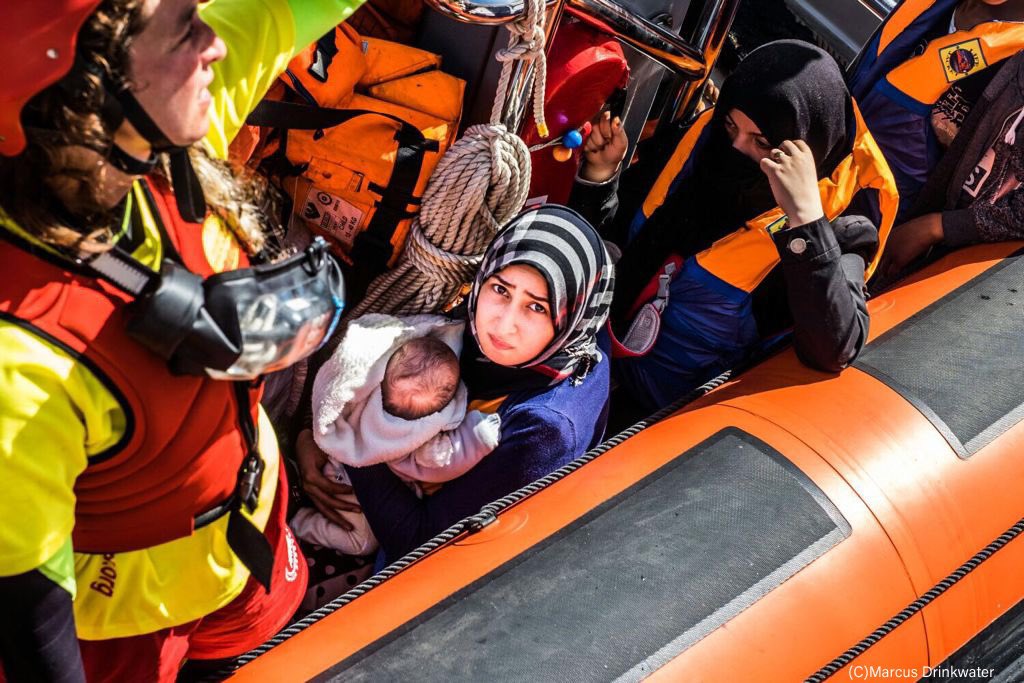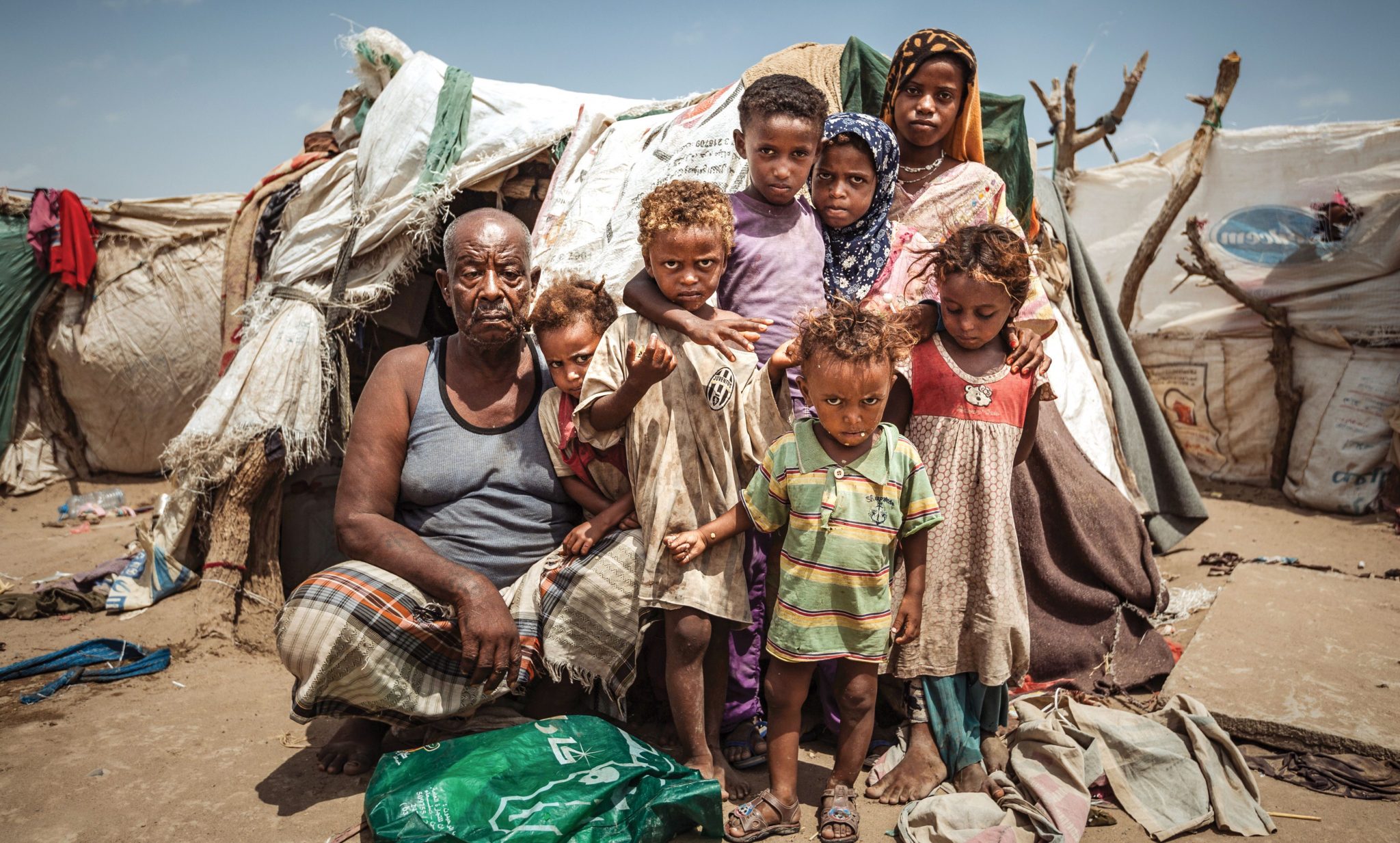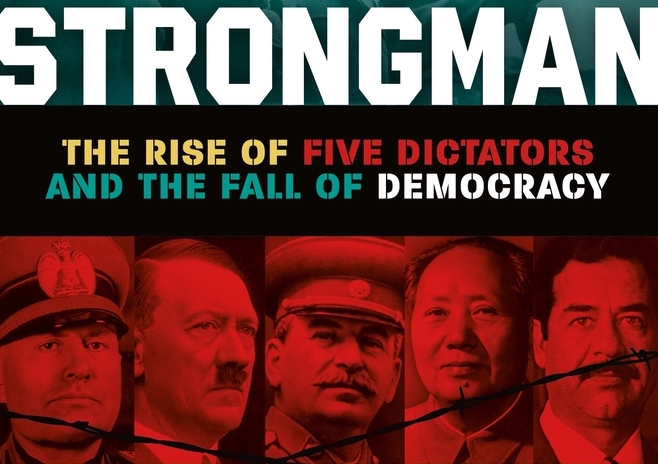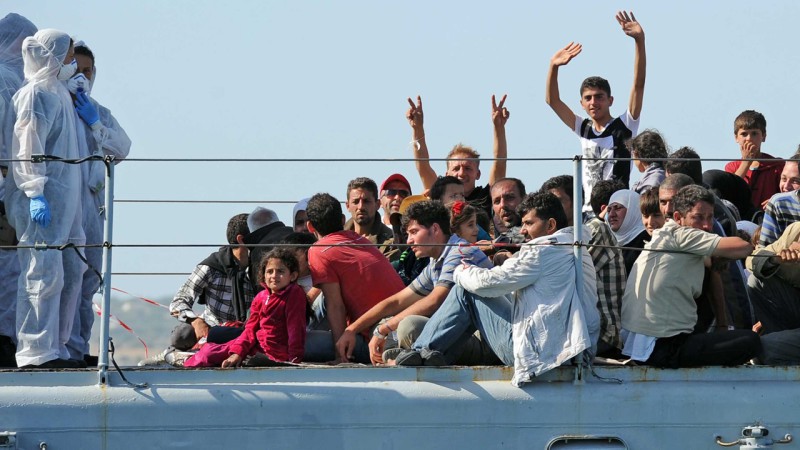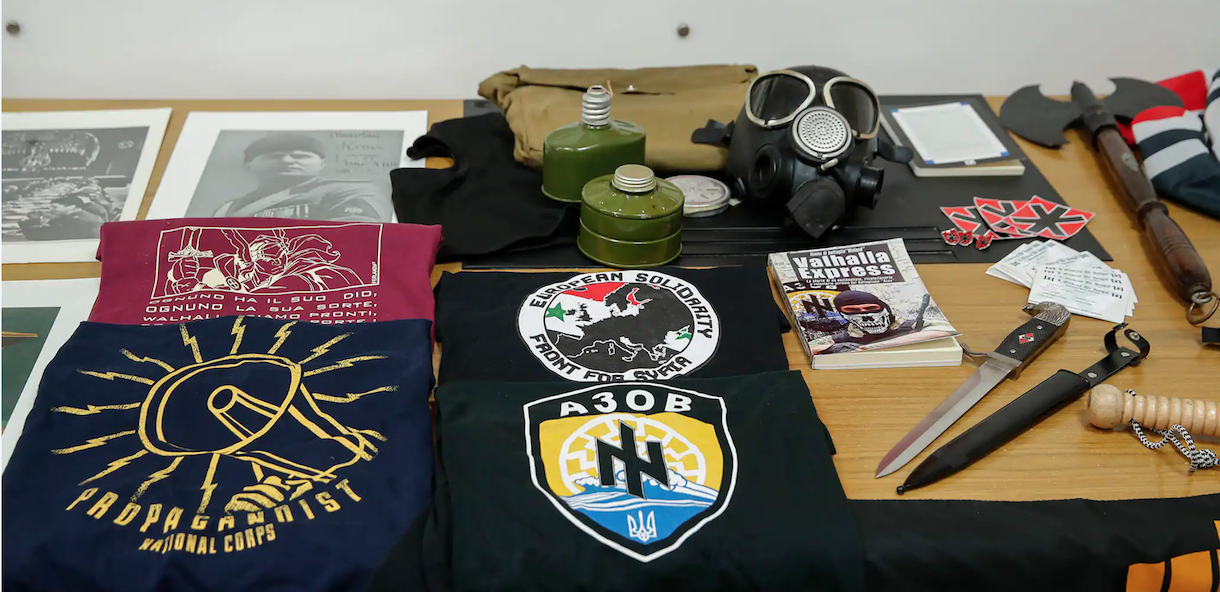
Propaganda exploitation of Italy neo-Nazi bust
Italian police carried out raids against an armed neo-Nazi network called the Order of Hagal, arresting five suspected militants. Searches in Naples and other cities turned up large caches of fascist regalia. In addition to swastika flags and Mussolini portraits was a banner of Ukraine’s Azov Battalion, with whom one member of the network is said to have fought. This is avidly jumped on by Putin propaganda outlet Grayzone, under the headline: “Blowback: Italian police bust Azov-tied Nazi cell planning terror attacks.” Grayzone of course fails to mention that in the press photos where the regalia is displayed, the Azov Battalion ensign appears directly below that of the European Solidarity Front for Syria, a pro-Assad formation rooted in Italy’s far-right Casa Pound movement. (Photo: IPA/Fotogramma via Sky TG24. Fair use rights asserted.)



